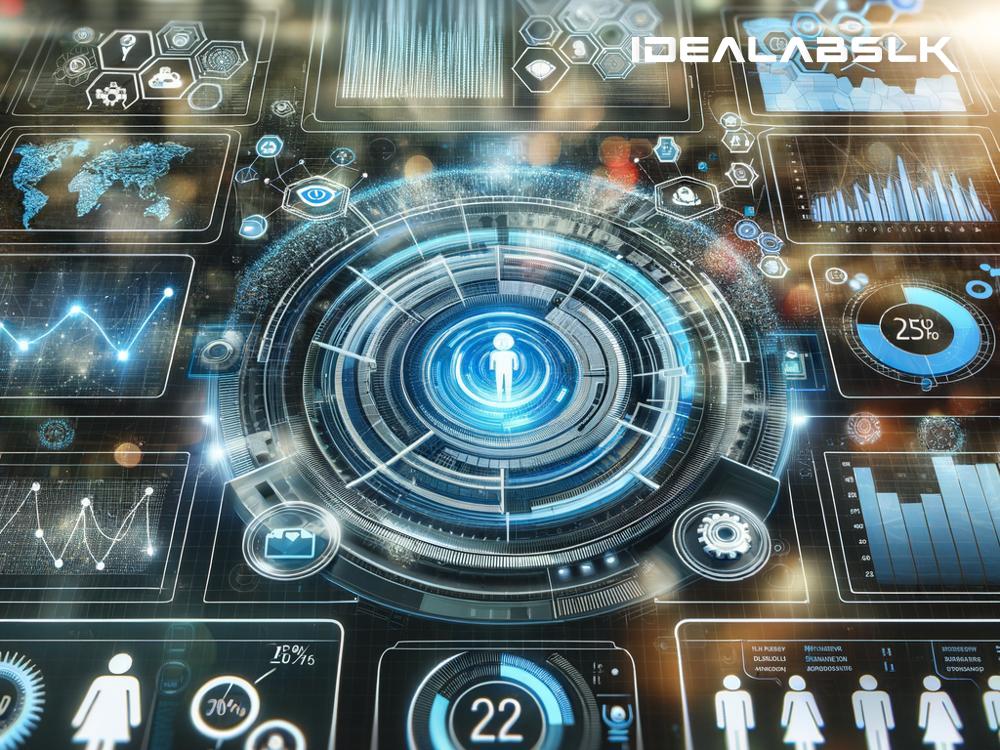The Role of AI in Predicting Consumer Behavior: A Simple Explanation
In the bustling and ever-evolving marketplace of today, understanding what consumers want, need, and will likely do next has become a bit like trying to solve a complex puzzle. But here's the exciting part: imagine if we had a super-smart friend who could give us hints and even predict the future moves of these consumers. This is where Artificial Intelligence, or AI, steps into the picture, playing a pivotal role in unraveling the mysteries of consumer behavior.
What is AI, Anyway?
Before we dive deep, let's break down what AI actually means in the simplest terms. AI, or Artificial Intelligence, is smart technology that can learn, reason, and make decisions or predictions, much like a human but at a scale and speed that's beyond our capability. It's like having a super-intelligent robot that can crunch numbers, spot patterns, and even predict what’s going to happen next in a fraction of the time it would take us.
The Magic of AI in Understanding Shoppers
When it comes to shopping, be it online or in physical stores, we all have our patterns. Some of us might always go for the latest tech gadgets, while others might spend hours browsing before making a choice. This is where AI comes in as a game-changer.
-
Spotting Patterns: AI can sift through massive amounts of data—like past shopping history, browsing habits, and even social media activity—to identify patterns. For example, it might notice that a particular shopper tends to buy coffee every Monday morning or splurge on shoes when there's a sale.
-
Predicting the Future: After spotting these patterns, AI can predict what a shopper might be interested in next. It's like how Netflix recommends what to watch based on what you've enjoyed before, but for shopping.
-
Personalizing Experience: By understanding these habits and preferences, AI can help businesses personalize the shopping experience for every individual. This means you might see ads or recommendations that seem like they’re handpicked for you (because, in a way, they are!).
-
Smarter Inventory Management: On the flip side, AI helps stores and online platforms manage their inventory better. By predicting what will be in demand, they can stock up accordingly, ensuring you're less likely to encounter an "out of stock" sign on your favorite products.
-
Enhancing Customer Service: Ever chatted with a customer service bot online? Many of these are powered by AI, designed to answer your queries or solve problems swiftly without the need for a human on the other end. This makes the whole process faster and often more efficient, enhancing the overall shopping experience.
Real World Examples
Consider Amazon's recommendation engine, which suggests products based on your browsing and purchasing history. Or, look at Spotify's Discover Weekly feature, using AI to curate a personalized playlist that feels surprisingly spot-on. These are AI in action, predicting consumer behavior to create more engaging and personalized experiences.
The Impact and Future
The role of AI in predicting consumer behavior is transformative. It's paving the way for more personalized, efficient, and engaging shopping experiences, benefiting both businesses and consumers. For businesses, this means higher satisfaction and loyalty, and for shoppers, it means less time sifting through irrelevant options and more time enjoying perfectly tailored choices.
Looking ahead, as AI technology advances, we can expect even more accurate predictions and innovations in how we shop and interact with brands. Imagine virtual shopping assistants guiding us through virtual stores or smart fitting rooms in physical stores suggesting sizes and colors based on our past preferences.
A Note of Caution
While the promise of AI is immense, it's also crucial to navigate its ethical use carefully, especially concerning privacy and data protection. Balancing personalization with privacy will be a key challenge and focus area as AI continues to evolve in the realm of consumer behavior prediction.
In Conclusion
AI's role in predicting consumer behavior is not just about making sales. It's about creating a shopping experience that's as unique as each consumer — making life a bit easier, more enjoyable, and surprisingly intuitive. As we move forward, the fusion of AI with our shopping habits promises to redefine the retail experience in ways we're just beginning to imagine. And in this future, understanding and responding to the ebbs and flows of consumer desires will not just be about intuition or guesswork but about the intelligent insights powered by AI.

